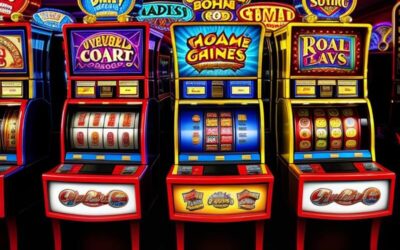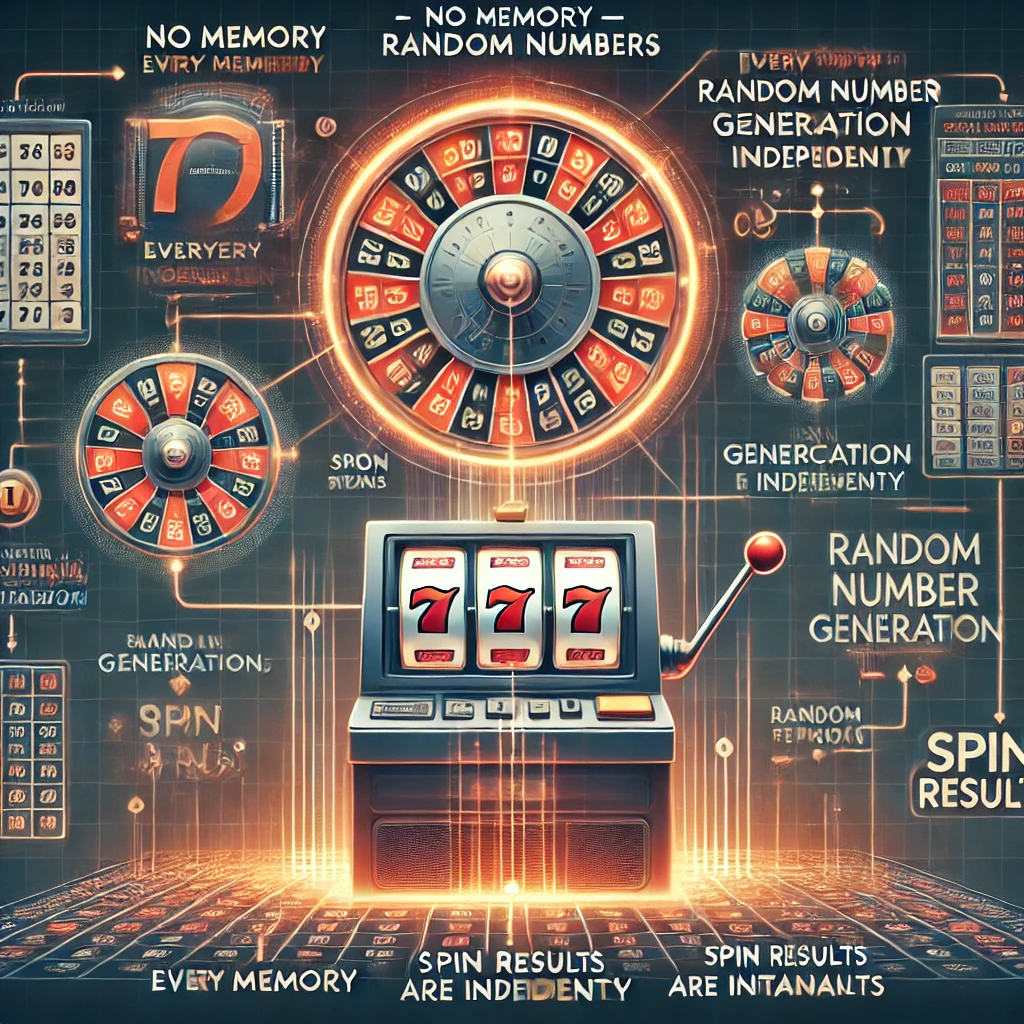If you’ve ever played a slot machine, you’ve probably wondered how the results are determined. Is it luck? A hidden pattern? Or does the machine “remember” past spins? The truth is, slot machines use a complex algorithm called a Random Number Generator (RNG) to determine each spin’s outcome. Unlike common myths, the RNG does not use memory to track previous spins or decide when to generate a winning number. Let’s dive into how this system works and what it means for players.
What is an RNG?
A Random Number Generator (RNG) is a computer algorithm designed to generate sequences of numbers that appear random. Slot machines use an RNG to continuously produce thousands of numbers per second—even when no one is playing. Each number corresponds to a specific symbol on the reels, and when you press the spin button, the machine selects the most recent number generated to determine the outcome of your spin.
Key Features of Slot Machine RNGs:
- No Memory Function: Unlike humans, RNGs don’t remember past results. This means the machine doesn’t “know” if you just won or lost. Each spin is completely independent of the previous one.
- Continuous Generation: Even when the machine is idle, the RNG is running, creating numbers at an incredibly fast rate.
- Unpredictability: Since the numbers are generated in real time and do not follow a pattern, it’s impossible to predict or manipulate the results.
How Slot Machines Use RNGs
When you press the spin button (or pull the lever), the game instantly selects the latest random number generated by the RNG. This number determines which symbols appear on the reels and whether you win or lose. Because this process happens in a fraction of a second, the exact moment you hit the button affects the result—waiting a millisecond longer could lead to a completely different outcome.
Common Myths Debunked
- Myth #1: “The machine is due for a win.”
- Fact: Since every spin is random, there’s no such thing as a machine being “due” for a jackpot. A slot that hasn’t paid out in a while is no more likely to win than one that just hit a jackpot.
- Myth #2: “Someone else stole my jackpot!”
- Fact: The result of a spin is determined the instant you press the button. If another player wins right after you, it simply means they hit the button at a different microsecond when the RNG produced a different number.
- Myth #3: “Casinos control when the machine pays out.”
- Fact: Slot machines are regulated and tested to ensure fairness. The RNG operates independently, and casinos do not manipulate individual machines to force wins or losses.
The Bottom Line
Understanding how RNGs work can help players approach slot machines with a realistic mindset. Since every spin is independent and random, there’s no strategy that guarantees a win. The best approach is to enjoy the game responsibly, set a budget, and remember that slots are a form of entertainment—not a way to make money.
Have you ever wondered if slot machines were rigged? Let us know your thoughts in the comments below!








